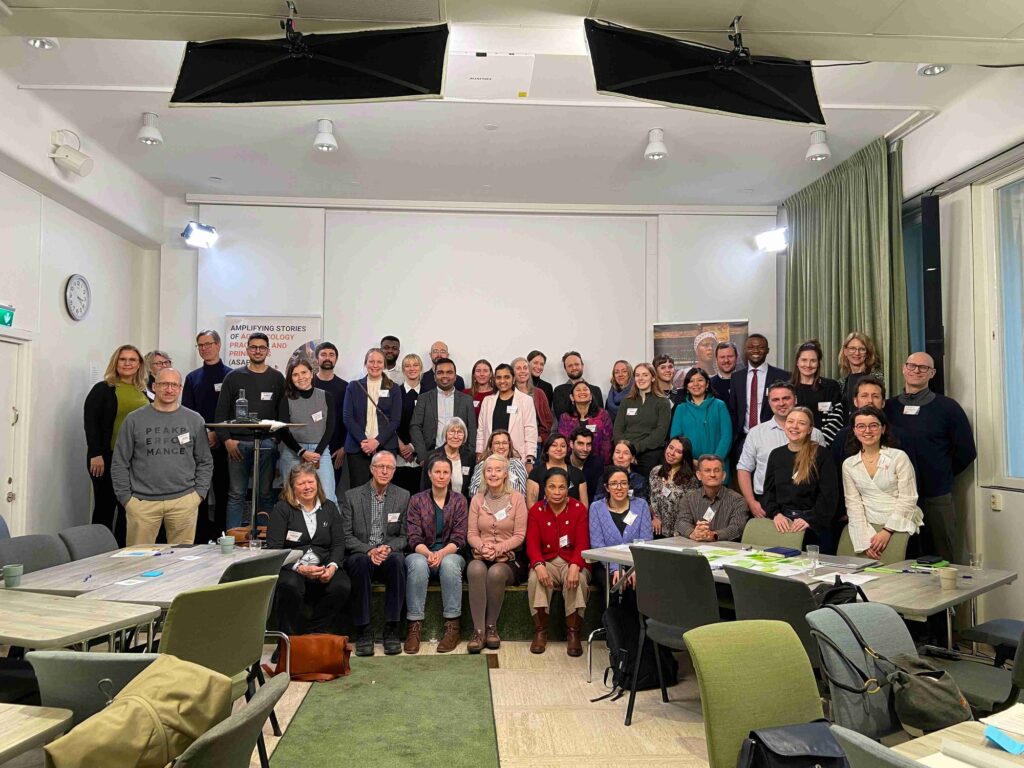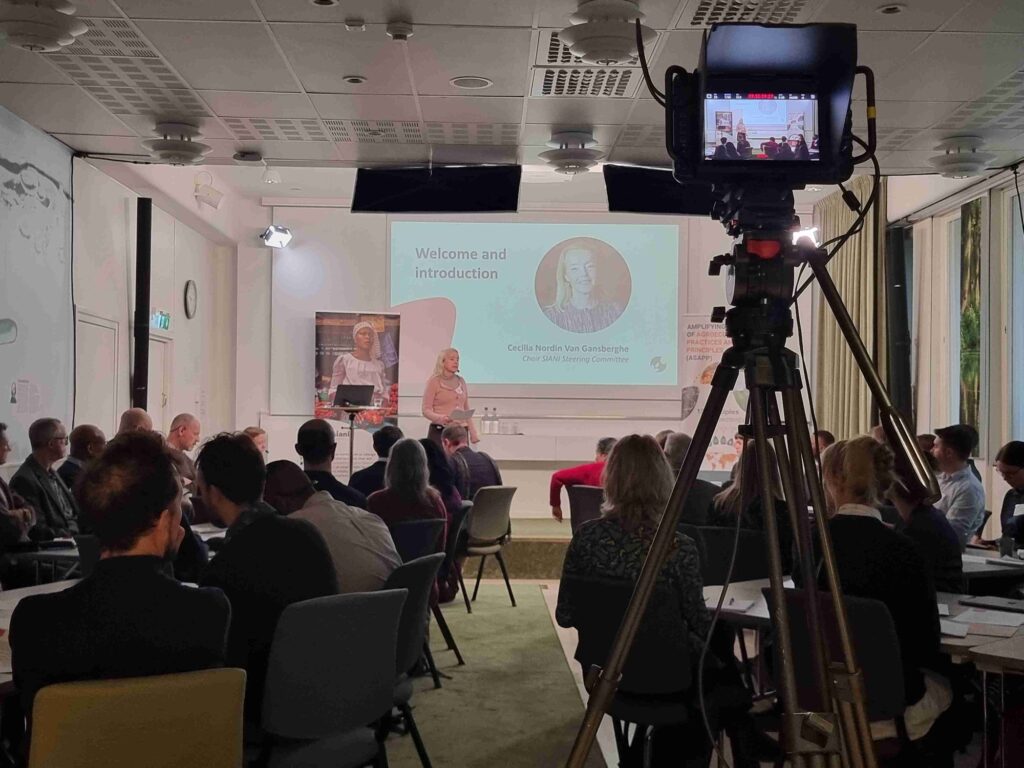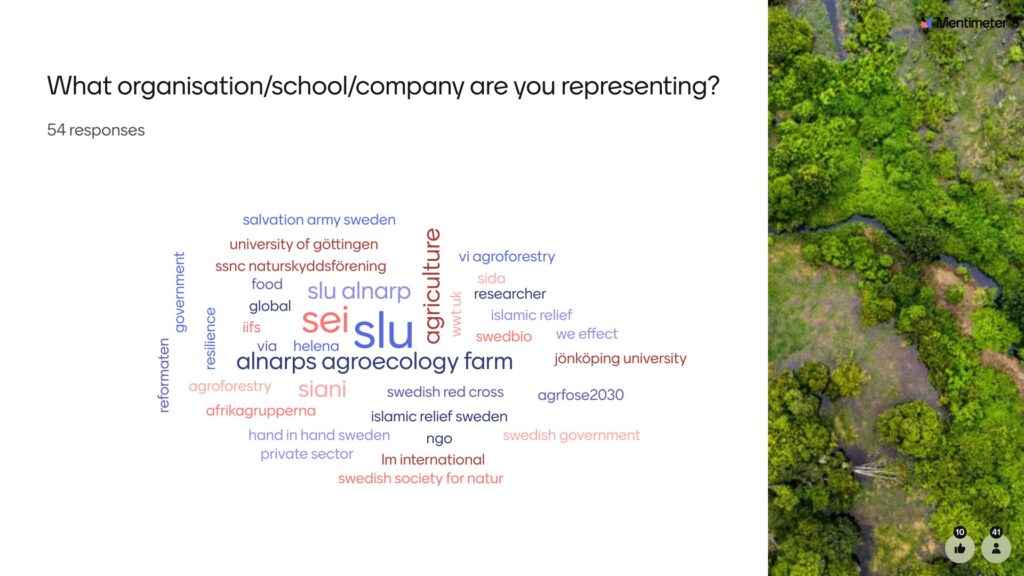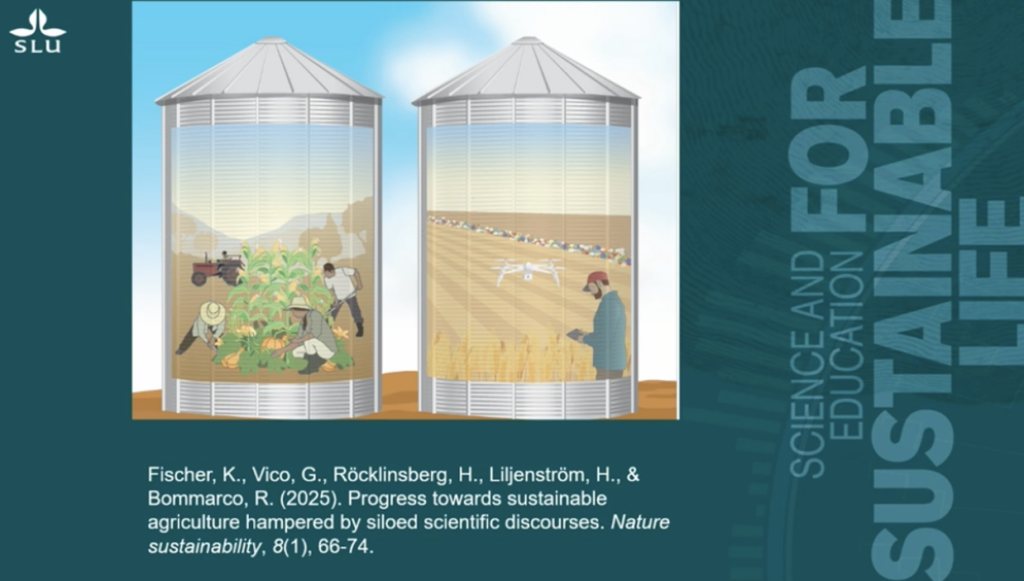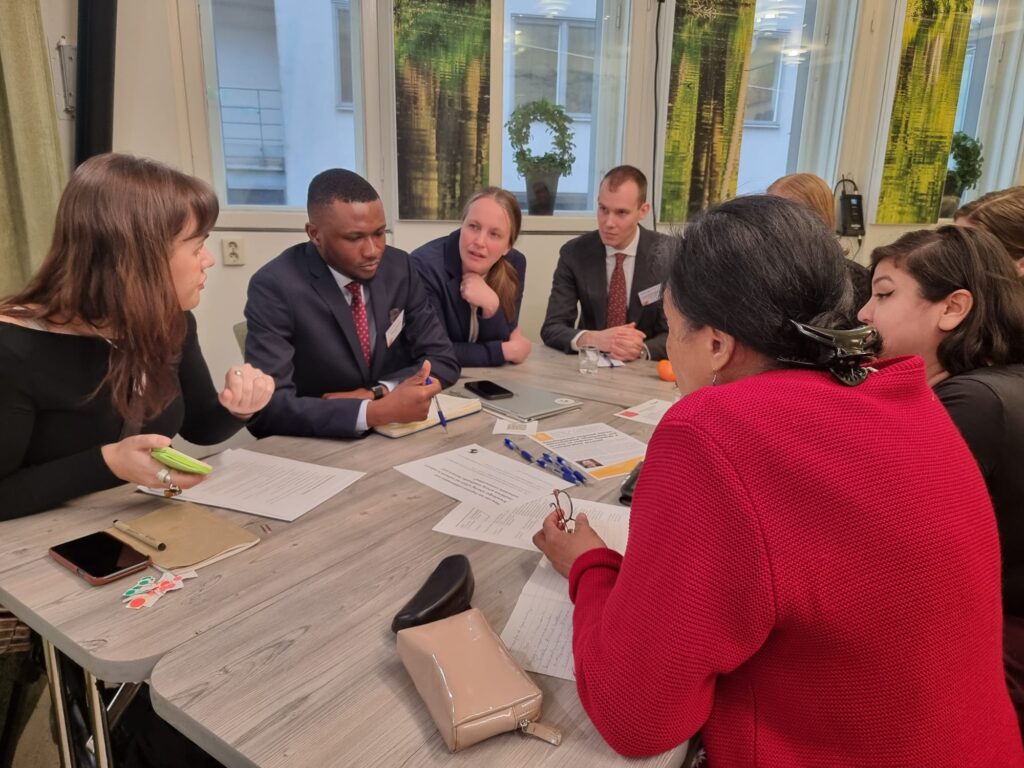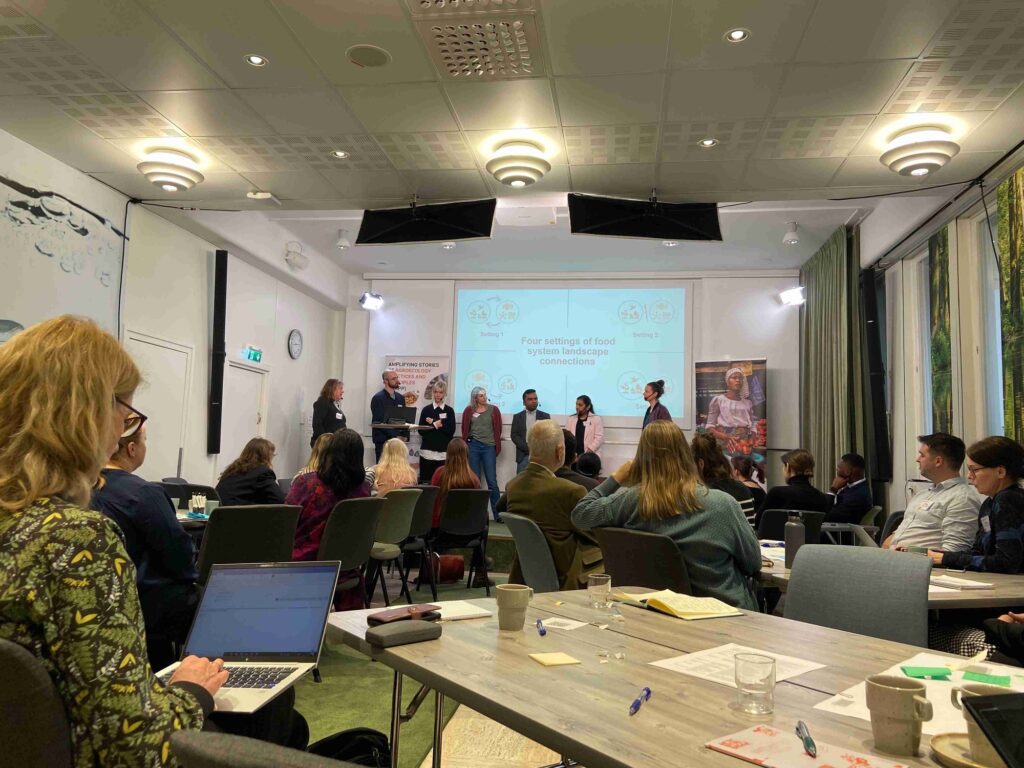SIANI’s annual meeting 2025 took place in Stockholm, Sweden, bringing together SIANI members to discuss how to transform our food systems to become more inclusive and resilient in times of recurring and protracted crises.
SIANI chair, Cecilia Nordin van Gansberghe, opened the meeting highlighting the importance of addressing resilient food systems. She emphasized the significant shift taking place in today’s rapidly changing world, creating spaces for new actors to contribute to shaping the future of food systems.
“At times I have felt there was not a key understanding of the concept. Now, however, with the world we see, it has moved to the forefront. As the situation is becoming more concerning. What can organizations and individuals do to affront the next crisis? Because surely there will be one, but the challenge is to know what shape it will take. This has led to a deeper discussion on the vital importance of sustainability and resilience of our food systems.”
